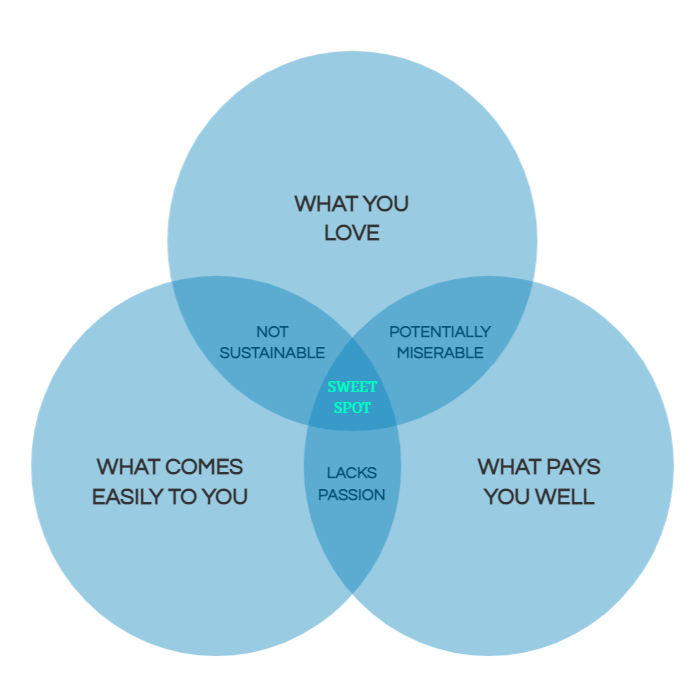
Finding the right topic to focus on is critical for a researcher; you must choose a subject that you see the potential to conduct research on and develop valuable, new information that can be employed for a long period of time. You want to select a topic for a research project in which you can see yourself getting funded, or achieving a professional goal that you may have.
Finding a niche is important for new researchers, but it is also a great approach for senior researchers who are modifying or readjusting their path.
Mind The Graph aims to show the importance of finding the right niche research for you to work on in this article, as well as providing helpful tips.
What is a niche in research?
A research niche is a topic in which you choose to become a specialist in the scientific or academic field by performing extensive research, accumulating new findings, and implementing them over a considerable amount of time, say a decade.
Your niche research should incorporate three key elements: your passion, your skills, and the opportunities within the field.
Why is finding the right niche research so important?
Finding a niche may be as easy as picking what to explore and taking the steps necessary to bring your thoughts into action. Finding the right and successful niche for long-term success, on the other hand, requires far more resources, time, energy, and money.
Smaller niches are less competitive, which might increase the exposure of your research as there aren’t many to be found. However, getting meaningful data might be difficult.
And larger niches are significantly competitive, with a significant amount of data. However, because there is so much research in the niche, your research may go unnoticed.
Hence, these are some considerations you should make while deciding on a niche. The importance stems from the fact that choosing the right niche research might mean the difference between succeeding or failing.
Tips on choosing the right niche for your research
- Determine the most promising area that’s in need of research, taking into account your interests, dislikes, and skills.
- Consider the problems. Thinking about everything that needs to be solved will provide you with a big list of potential niches from which to pick.
- Attempt to find yourself in a specialized niche where you can develop essential new information and have the greatest influence. If you can’t think of anything innovative to add, you should probably consider another niche.
- Create a strong network. Talk to your colleagues, attend seminars and scientific presentations, and attempt to learn as much as you can about the general field in order to establish your niche.
- Evaluate the competitive market; understand what is being done and the approaches that are being used.
- Although you should avoid overcrowded, intensely competitive niches, bear in mind that certain niches may go unnoticed because they are unimportant.
Don’t find exactly what you need? We will design it for you!
Mind The Graph is a tool for incorporating illustrations and infographics into your work to improve visibility and comprehension. While Mind The Graph provides a large number of templates, if you want a custom template, we will design one just for you, according to your needs!

Subscribe to our newsletter
Exclusive high quality content about effective visual
communication in science.




